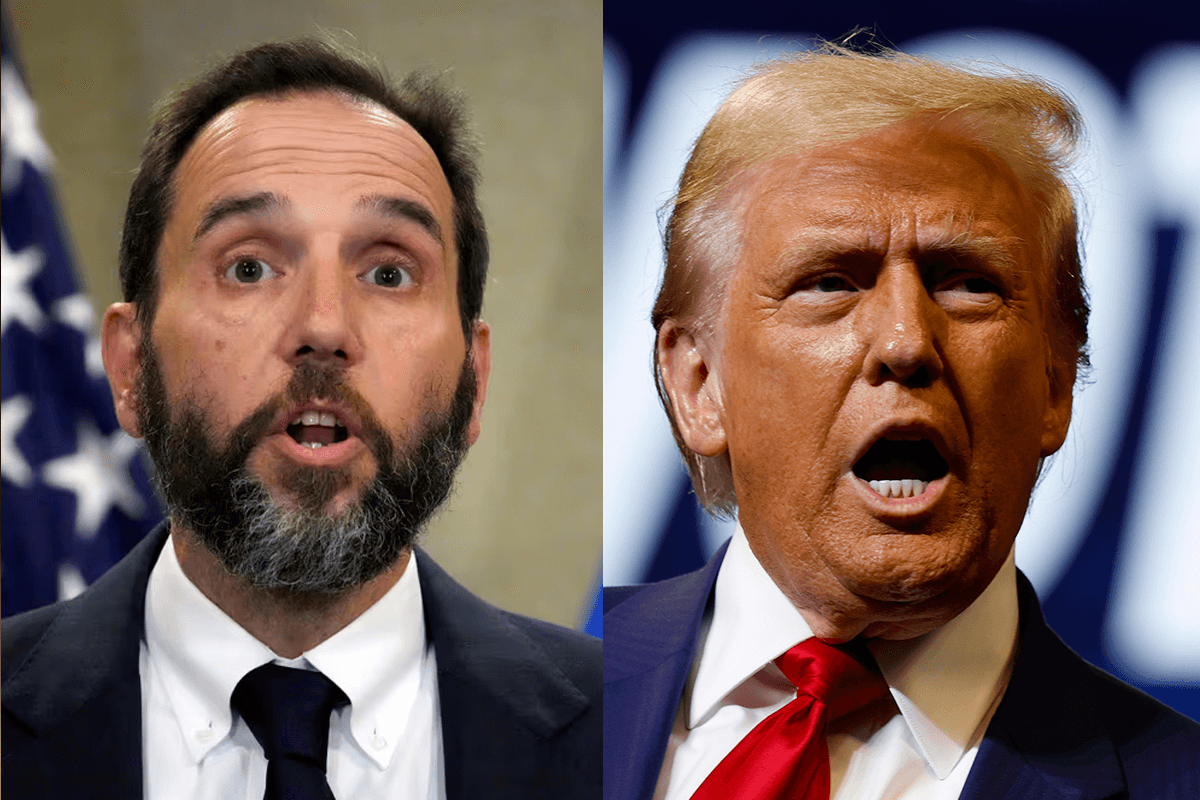If Trump Wins, Would Jack Smith Keep Prosecuting Him Until the Moment the Oath of Office Is Taken?
The decision about whether a president-elect enjoys protection could be up to the attorney general.

The stretch between Election Day and Inauguration Day could be marked by escalating confrontation between President Trump and Special Counsel Jack Smith. A prison sentence for the possible president-elect could also upend the transition.
Please check your email.
A verification code has been sent to
Didn't get a code? Click to resend.
To continue reading, please select:
Enter your email to read for FREE
Get 1 FREE article
Join the Sun for a PENNY A DAY
$0.01/day for 60 days
Cancel anytime
100% ad free experience
Unlimited article and commenting access
Full annual dues ($120) billed after 60 days

